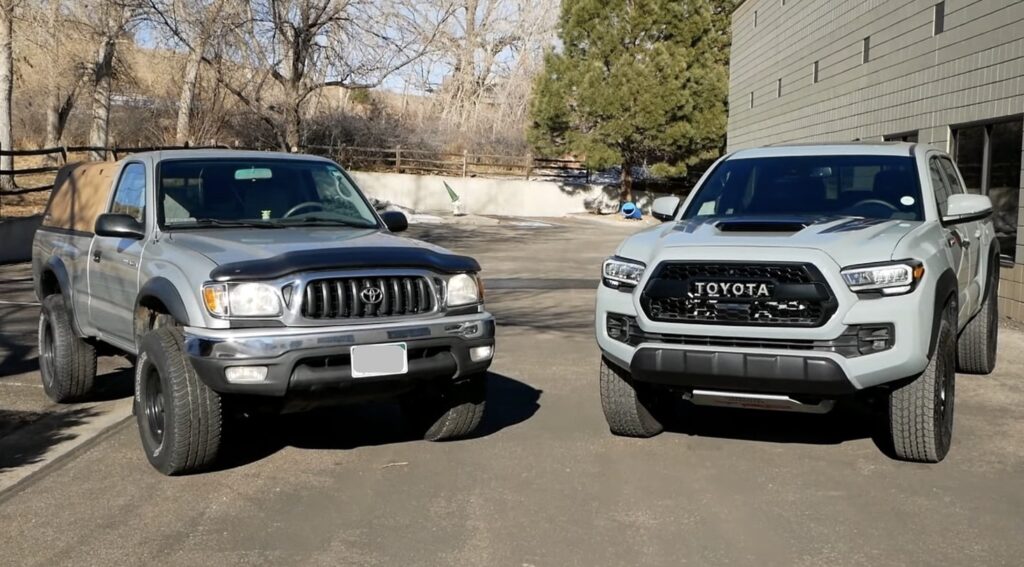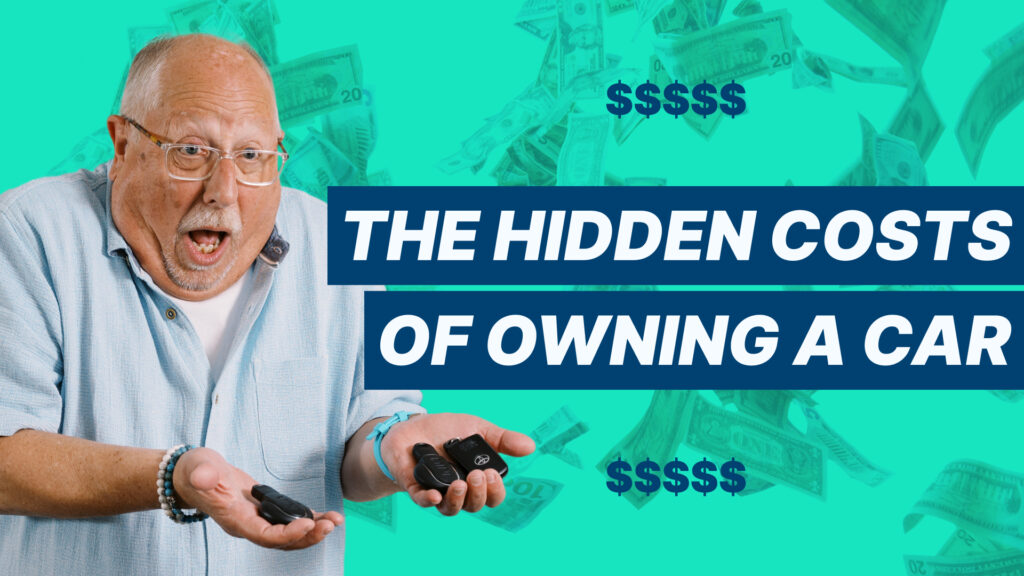Thinking about holding onto your car for the long haul? You’re not alone. In today’s car market of rising prices and rapid depreciation, many drivers are wondering whether it’s smarter to stick with the car they already own.
At CarEdge, we believe informed decisions save you thousands. Here’s what you need to know before deciding whether to keep your vehicle for longer, or start fresh with something new.
The Pros of Keeping a Car for Longer

1. Lower Total Cost of Ownership
New cars lose 20–30% of their value in the first year alone. By keeping your car longer, you avoid taking that financial hit repeatedly. Plus, you won’t be shelling out for sales tax, registration fees, or dealership add-ons every few years. Insurance costs also tend to drop with older cars. This is especially if you drop comprehensive or collision coverage once the car’s value declines significantly as the miles add up.
Check out our free cost of ownership data
2. You Own It Free and Clear
Most auto loans are paid off in 3–6 years. If you hold onto the car after that, you’ll enjoy years of driving without a monthly payment. Having a paid-off car means freeing up cash for other priorities, like savings or paying down debt.
3. Familiarity and Trust
You know your car. Its quirks, service history, how it drives in snow or rain—there’s no learning curve. That trust and comfort can go a long way in peace of mind, especially when you’ve maintained the car well.
4. It’s Greener Than You Think
Even the greenest EV has a carbon footprint from manufacturing. Holding onto your current car—even if it’s not electric—can be more environmentally friendly than replacing it with a new one every few years.
5. No Time Wasted Car Shopping
Buying a car can be a hassle. Keeping your current car means no time spent researching new models, test driving, negotiating prices, or dealing with trade-ins. It’s one less thing to worry about.
The Cons of Keeping a Car for Longer

1. Repairs Add Up Over Time
Even well-built cars eventually wear down. Between years 8 and 12, expect bigger-ticket repairs like suspension work, HVAC issues, or transmission problems. Costs can vary dramatically depending on the make and model, but reliability becomes less predictable.
See maintenance rankings by make and model
2. Missing Out on Safety and Tech
Newer vehicles often come with advanced safety features like automatic emergency braking, adaptive cruise control, blind spot monitoring, and more. Your old ride might not have these, which can make a big difference in both safety and comfort.
3. Aging Comfort and Style
Seats wear out. Touchscreens lag. The cabin might feel outdated or less comfortable over time. Even if the engine runs strong, the driving experience may start to feel more like a chore.
4. Depreciation Eventually Catches Up
After 10 years, most vehicles have very little resale value. This is especially true for cars with well over 100,000 miles on the odometer. In contrast, if you sell after 5 years, you might still recover 40–60% of the original price. If you plan to trade in later, timing matters.
We’ve got plenty of free depreciation tools to keep you informed.
5. Future Compatibility Could Be a Problem
If you own an EV, charger standards and technology may evolve. For instance, early Nissan LEAF owners are encountering challenges finding compatible charging these days. Even gasoline vehicles might also face limitations as fuel blends change or emissions standards tighten. An older car could eventually feel outdated or even unsupported.
A Real-World Financial Example
Let’s say you buy a $35,000 car.
- Sell after 5 years: You recover ~$15,000 to $20,000, then buy another car.
- Keep for 10 years: You avoid another purchase and stretch out your depreciation and financing costs.
Over 10 years, buying two newer vehicles could cost $8,000 to $15,000 more than keeping one car the whole time, depending on the model, insurance, taxes, and maintenance needs.
Final Thoughts
If your car is still safe, reliable, and not draining your wallet in repairs, holding onto it a few more years is often the smartest financial choice. On the other hand, if maintenance costs or safety concerns are piling up, it may be time to move on.
Need help figuring out whether your current car is worth keeping?
👉 Check out the CarEdge Value Tracker, and know when it makes sense to sell.
Or, explore how long-term ownership compares to financing something newer with our full Cost to Own Rankings.













0 Comments